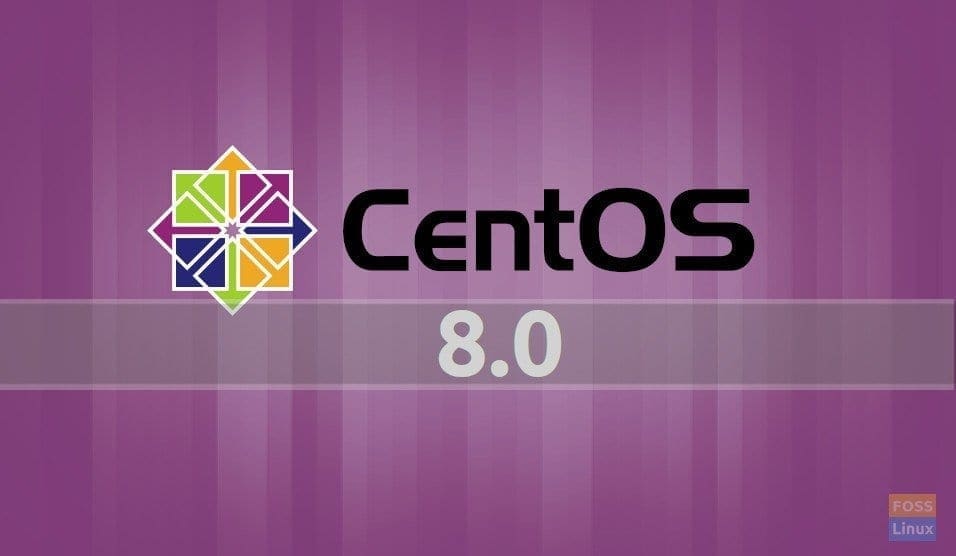Today, the CentOS Linux project announced the release and availability of CentOS 8.0 (1905), fresh on the heels of their release of CentOS Linux 7.7 (1908) just a week ago.
The CentOS 8 Linux distro is a derivative of the Red Hat Enterprise (RHEL) 8.0 source code. Red Hat Enterprise (RHEL) 8.0 was released earlier this year in May.
CentOS 8 should not be confused with CentOS Stream, also released today. CentOS Stream is a “rolling preview” of future Red Hat Enterprise Linux kernels and features intended for developers and early adopters.
We're excited to announce CentOS Stream, an upstream for #RHEL. Full details available at https://t.co/nWku4eG5oN #CentOSStream
— CentOS Project (@CentOS) September 24, 2019
CentOS 8, on the other hand, is a downstream rebuild of the RHEL 8 release.
The CentOS Linux 8 release includes a plethora of new additions and significant upgrades, including:
- Content is available via two repositories, the BaseOS repository, and the Application Stream, or AppStream repository. The BaseOS repository gives users the parts of the CentOS 8 that allow running user spaces on not only physical hardware but also a container, a cloud instance, or a virtual machine. The AppStream provides all applications a CentOS user might want to run in any of these various user spaces.
- Podman is the new CentOS 8 Linux Container tool. It replaces Mobdy and Docker. While Mobdy and Docker depended on daemons and root to run, Podman is daemonless.
- Like its predecessor CentOS 7.x, CentOS 8.0 includes Cockpit the powerful, web-based admin GUI tool.
- CentOS Desktop with Wayland and Xorg. While Wayland is the default CentOS 8.0 windows manager, users may still use Xorg, instead.
- System-wide cryptographic policies can be set for TLS, Kerberos, SSH, etc. via the update-crypto-policies command.
- The updated TCP stack version 4.16 is native in CentOS 8.0, which can increase your internet speed (through via NV and BBR congestion control).
- DNF replaces Yum as the default CentOS 8.0 package manager. CentOS 8.0 also includes Yum version 4.0, which uses DNF technology as its back end.
- Other applications and packages also updated include Ansible, Firefox, PHP, OpenSSH, Nginx, MySQL, and a host of others.
CentOS 8.0 is available for the x86_64, i386, armhp, aarch64, ppc64, POWER9, and ppc64le architectures.
Look for a review of CentOS 8.0 from FOSS Linux shortly.

